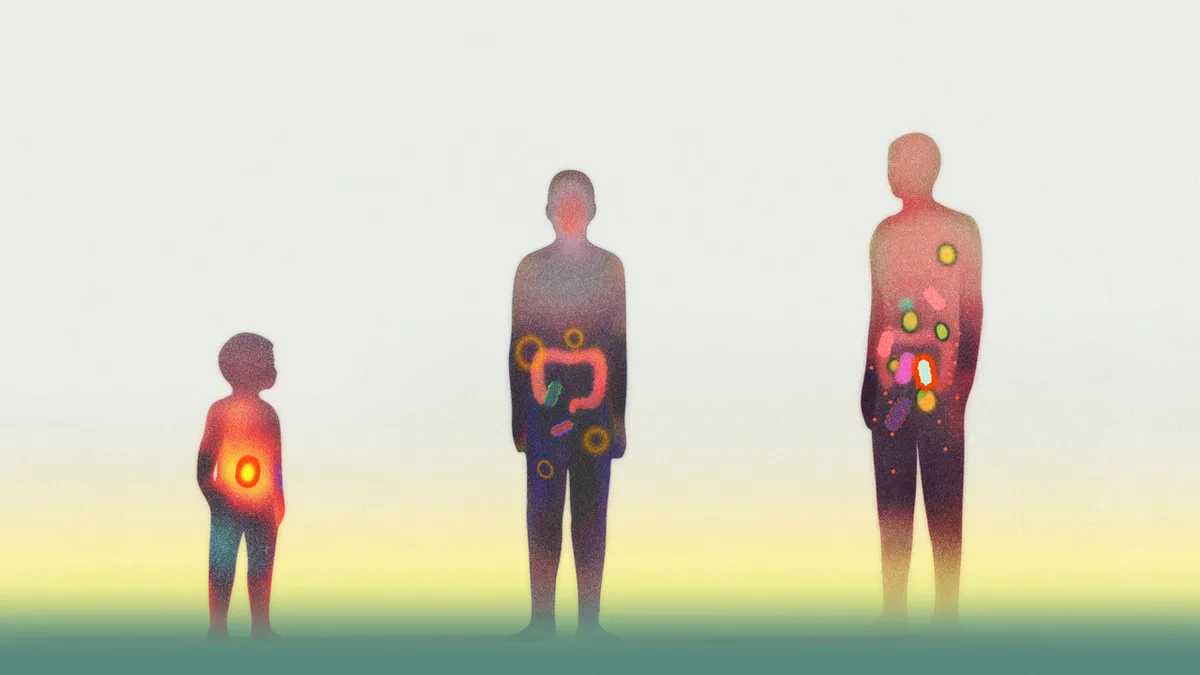
In emergency departments across the globe, there is a concerning trend: patients are arriving with undiagnosed cancers that have progressed to advanced stages. These individuals often challenge the traditional profile of a cancer patient. They are typically young, appear healthy, and frequently lack any family history of the disease, making early detection even more challenging.
The phenomenon, known as early-onset cancer, refers to the diagnosis of cancer in adults under the age of 50. This alarming trend has been documented across more than a dozen types of cancer, including but not limited to breast cancer, bowel cancer, lung cancer, ovarian cancer, and pancreatic cancer. The increasing incidence of these cancers in younger populations is a growing concern for healthcare professionals and researchers alike.
One of the key challenges in addressing this issue is the lack of awareness surrounding early-onset cancer. Many young adults, who may feel healthy and active, often overlook symptoms or attribute them to less serious conditions. This can lead to significant delays in diagnosis and treatment, resulting in poorer outcomes.
Given the rising numbers of young individuals diagnosed with advanced-stage cancers, there is an urgent need for increased awareness and proactive screening measures. Educating both the public and healthcare providers about the signs and symptoms of cancer in younger populations can help facilitate earlier detection and improve survival rates.
As the incidence of advanced-stage cancers in younger adults continues to rise, it is imperative that we address this public health challenge. By fostering awareness, promoting early detection, and encouraging regular check-ups, we can work towards reducing the number of undiagnosed cancers and improving patient outcomes across all age groups.